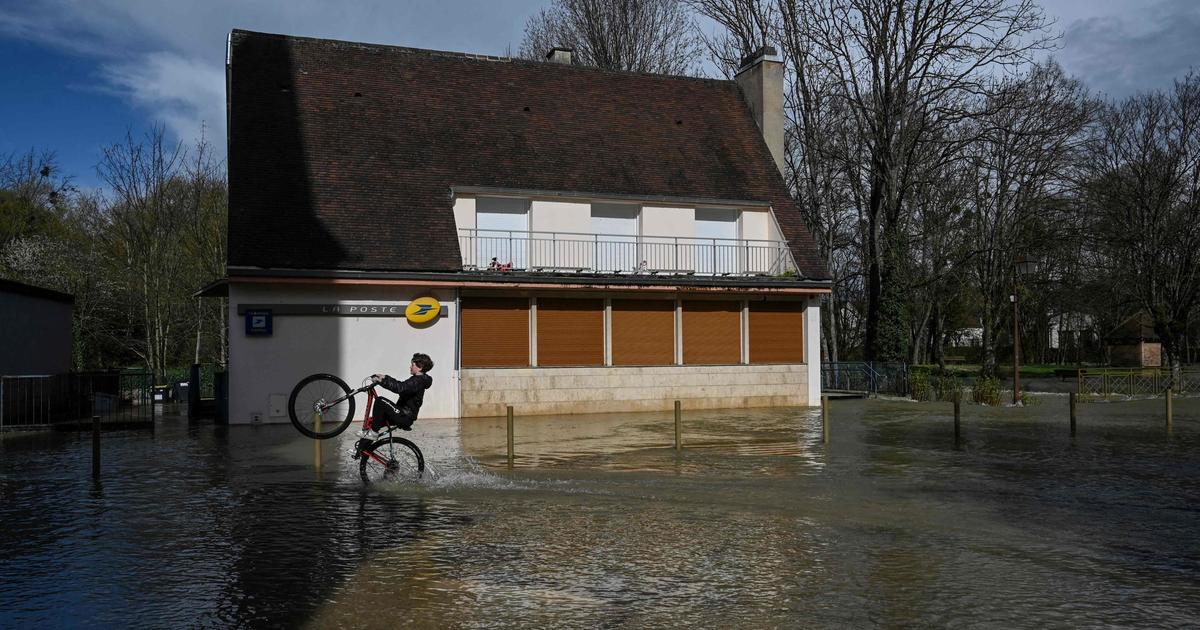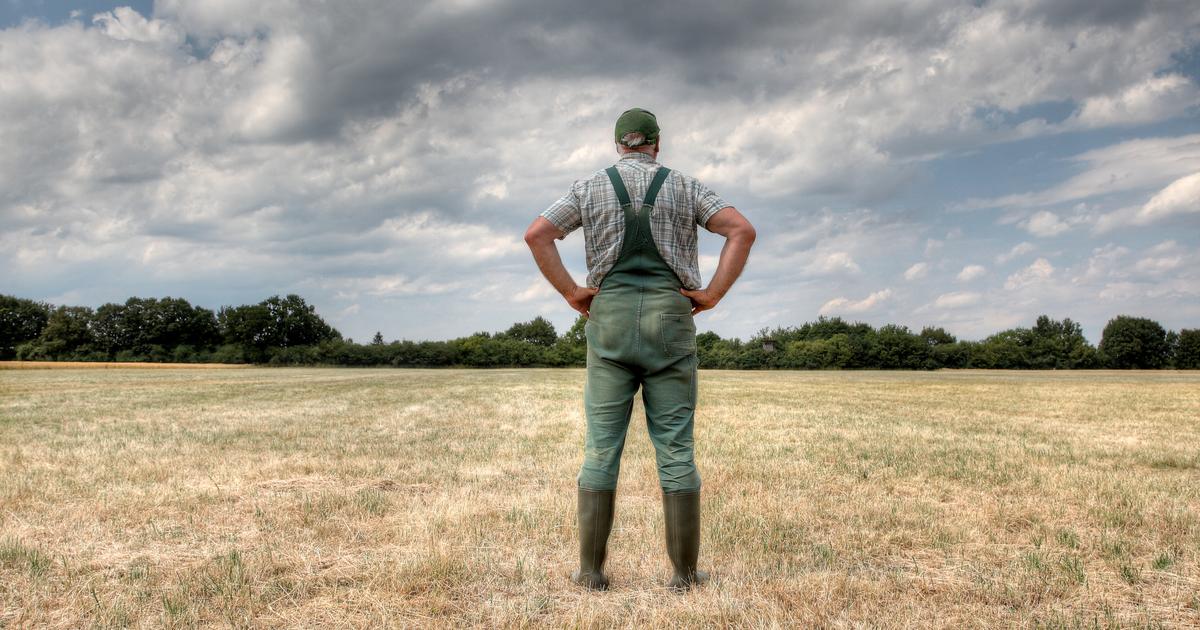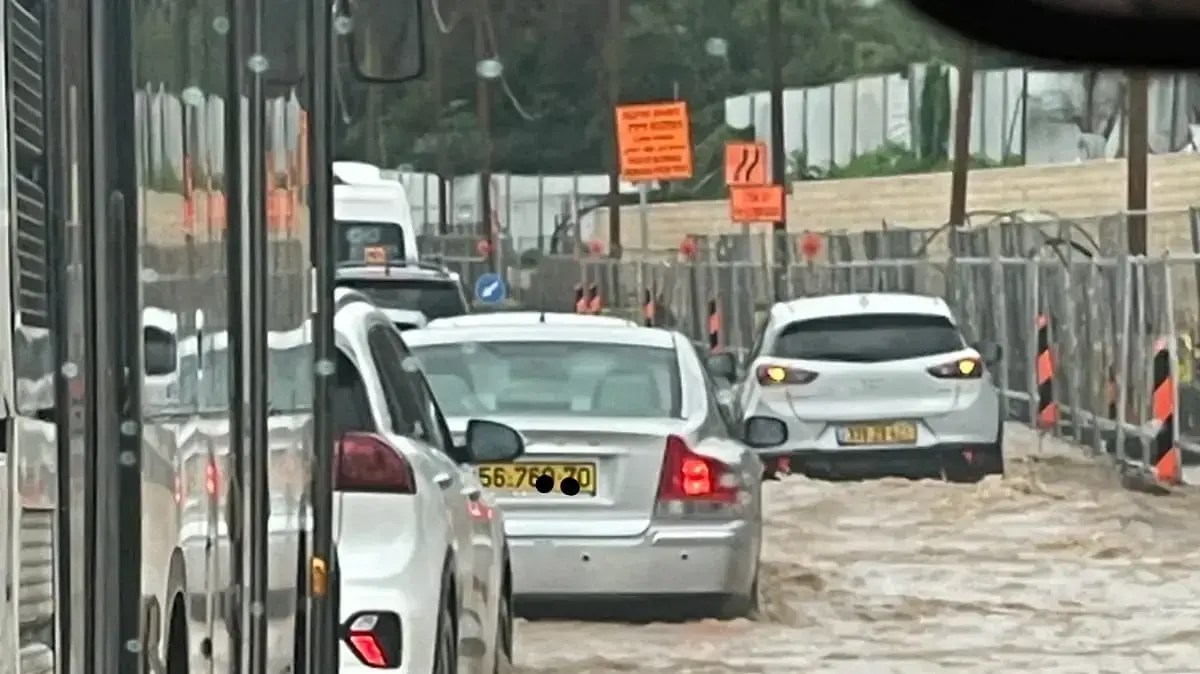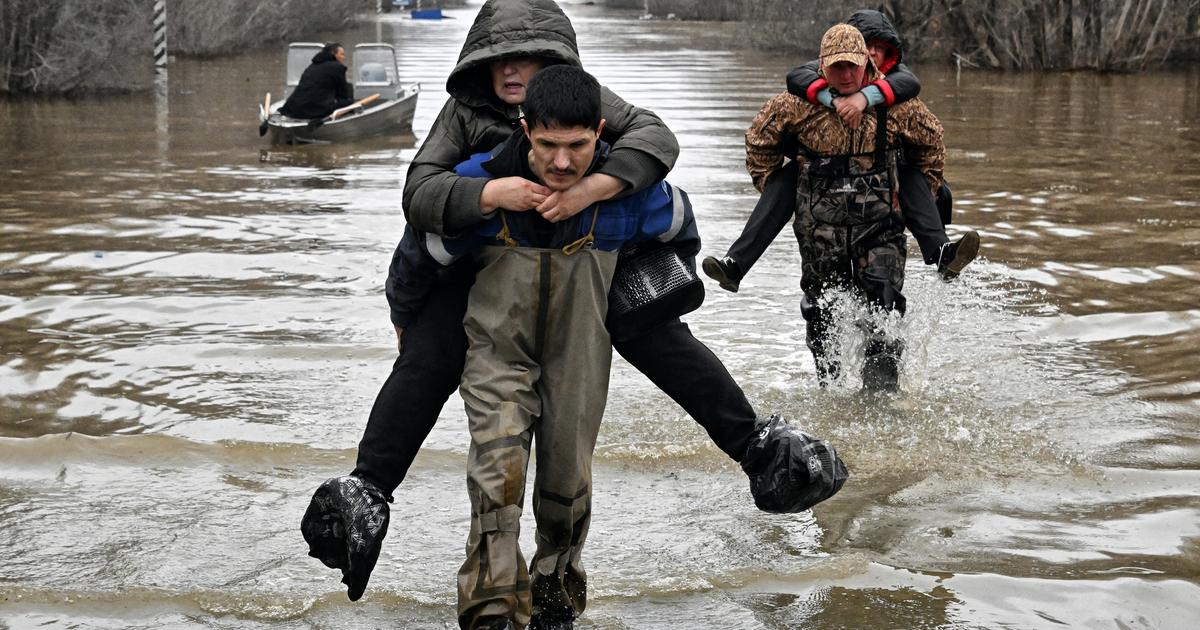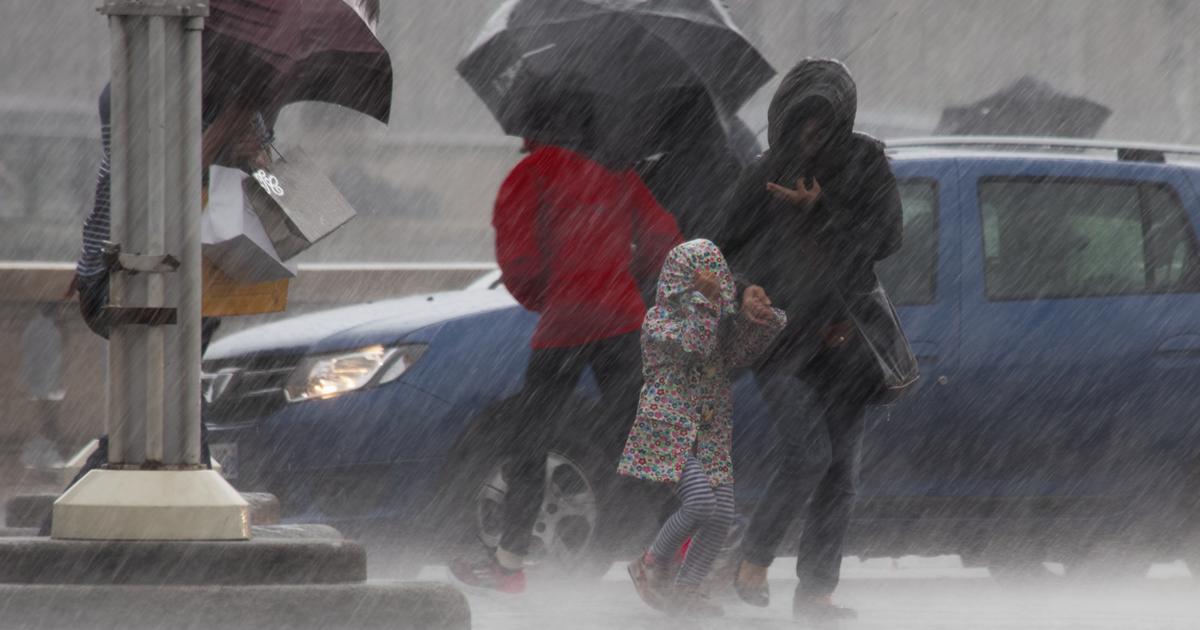“The Souleuvre and the Vire are overflowing for the first time this season,” notes Anthony, a farmer in Coulonces, north of Vire.
Report widespread in a Calvados engulfed by the rain this winter;
but not trivial in the bocage virois.
Last summer, the same Anthony looked gray in front of the Allière, a tributary of the Vire almost dried up.
“The drought got even worse and lasted until October,” says the farmer, who is also a member of the office of Gaule viroise, the local fishing company.
The latter held its general meeting on Sunday January 22 in Vire.
Among the points discussed, this arid and destructive summer for the aquatic environment.
A few months later, "we lack hindsight, but there must have been mortality among fish" and other river species, said Jean-Marc Fondeux, the president, from the outset.
The rivers in the downstream basin have suffered particularly, with very low or even non-existent flow in several sectors, leaving stagnant puddles that are not very conducive to survival.
“Trout have a fairly long development cycle”
Yannick Salaville, technical manager at the Calvados fishing federation
The geology of the Virois bocage, with granite soils with no real deep water reserves, facilitates a roller coaster phenomenon in the rivers: the drought has emptied them harshly, the rain has filled them heavily.
But what is hiding under the new level of the lock basin in the center of Vire, empty and cracked this summer?
In reality, the damage has been done because repopulation takes time.
"Trout have a fairly long development cycle," says Yannick Salaville, technical manager at the Calvados fishing federation.
It takes three years for an individual to reproduce.
And this species lays fewer eggs than others.
»
Then the Viroise Gaul wonders.
How to best manage the post-drought 2022. Jean-Marc Fondeux warns: "The fishing season will surely be more difficult", even if he thinks that "beautiful wild trout" have had the instinct to hold on, some fish that can demonstrate a remarkable capacity for resilience.
The president of the fishing company calls for responsibility: “To prohibit the capture would be badly taken.
But when the fishermen put their catches back in the water, we recommend being very careful not to damage them: use simple hooks, get your hands wet before touching the fish, unhook it in the water", so that can go back and continue to grow in the river.
Read alsoWater shortage: Christophe Béchu unveils the outlines of the national anti-drought plan
Alas, a threat still hangs over the waters of the bocage.
That of a new episode of drought, which would destroy the slow reconstitution of the environment.
"There, the water has risen but we will come back dry if it starts again", projects lucidly Bernard, a fisherman.
“It may come as a surprise to speak of a water crisis in a territory like ours, but we must be vigilant.
The problem can rest”, warns the mayor of Vire, Marc Andreu Sabater who had faced a risk of drinking water supply failures on his return from vacation, as the rain was badly needed.
In addition to the local geology, there has been a reduction in the bocage landscape in recent years.
Its hedges, its embankments, its wetlands, "which limit runoff and retain water", we hammer in the Viroise Gaul.
Fight against soil sealing
Yannick Salaville does not beat around the bush: “The upstream basin of the Vire has more wetlands.
It resisted better than the downstream basin which has less.
Faced with a disordered climate, which could inflict more dry periods, the technician calls for "a change in practices, global action", thinking in particular of agriculture.
The extension of the plots led to the withdrawal of elements specific to the bocage.
“Farmers are prisoners of a system.
If the agricultural policy does not tell them to change the model, it is complicated to change their practices.
Locally, they replant hedges, but not much more.
Like Anthony, from Coulonces, who replanted some for the first time, partly under pressure from his children, studying agriculture.
However, the fishing farmer is stepping up to the plate:
“Planting hedges is not enough.
Wetlands need to be restored”
Jean-Marc Fondeux, president of Gaule viroise, the local fishing society
Can this summer of 2022 be synonymous with a click on these subjects?
"It's not sure," moderates Jean-Marc Fondeux.
“Planting hedges is not enough.
Wetlands need to be restored, or less protected those that exist.
In the state, loose the president of Gaul viroise, "if the drought happens again, we are helpless".
While many interlocutors would like a law to further regulate practices, an impetus is given locally by the communities.
“The Intercommunality has signed a three-year agreement with the water agency to combat runoff.
There are quick actions, ”notes Marc Andreu Sabater.
The mayor highlights the efforts of the Virois food industry, responsible for 50% of the network's drinking water consumption, but which has implemented long-term measures to reduce it.
Will these efforts eventually pay off?
“It will be hard, we have destroyed too much in our countryside, laments Bernard, a fisherman for forty years.
There are no more streams.
“Especially as soon as the drought comes back to strike.


